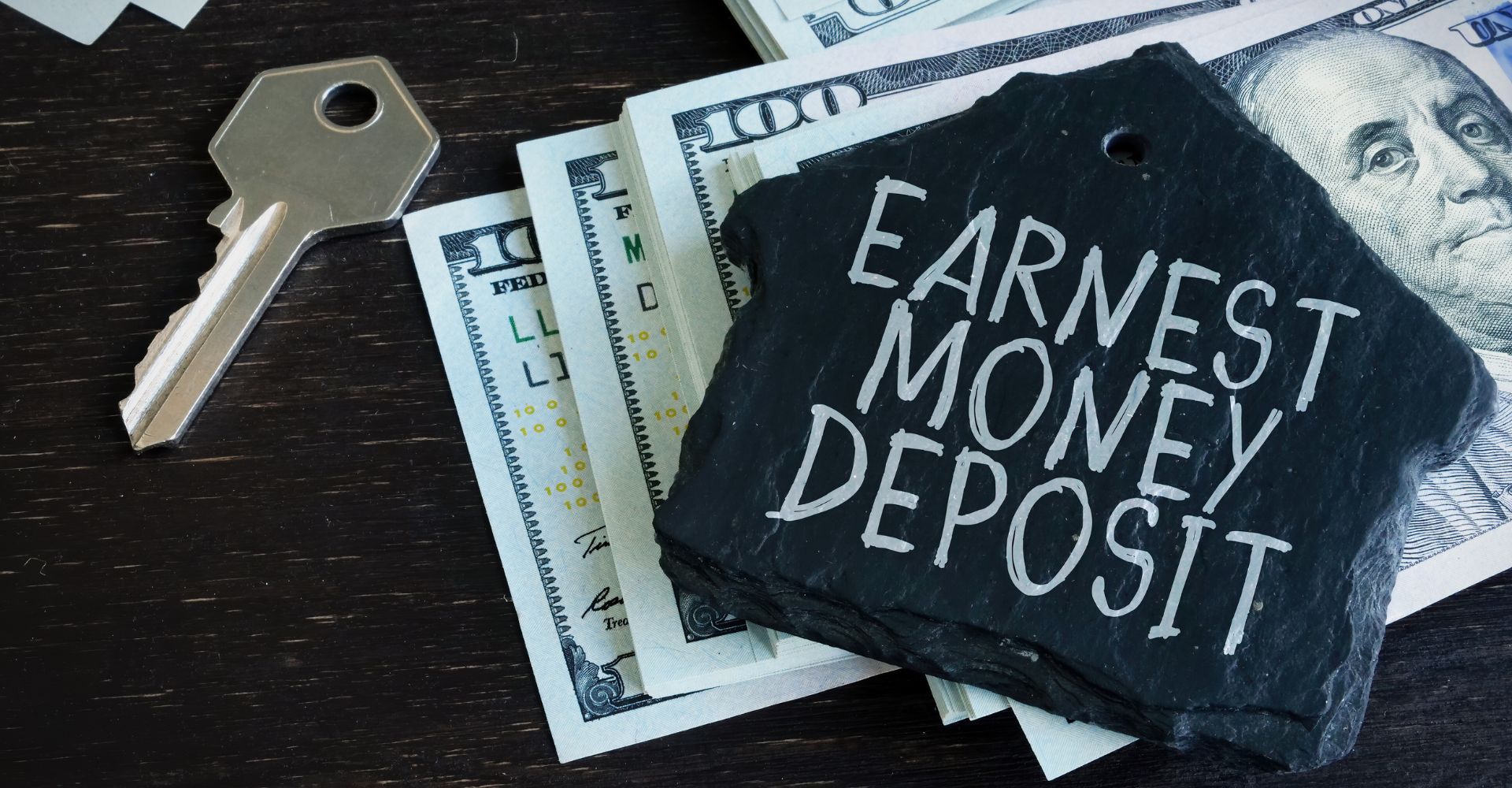When searching for a home in today’s competitive real estate market, you need to make sure your offer stands out.
One way to do this is through an earnest money deposit – it shows the seller that you are serious about buying their property!
This article will guide you on how best to use and protect yourself when making such deposits.
Learn what earnest money is all about, plus discover helpful tips so that your dream of purchasing a new house comes true!
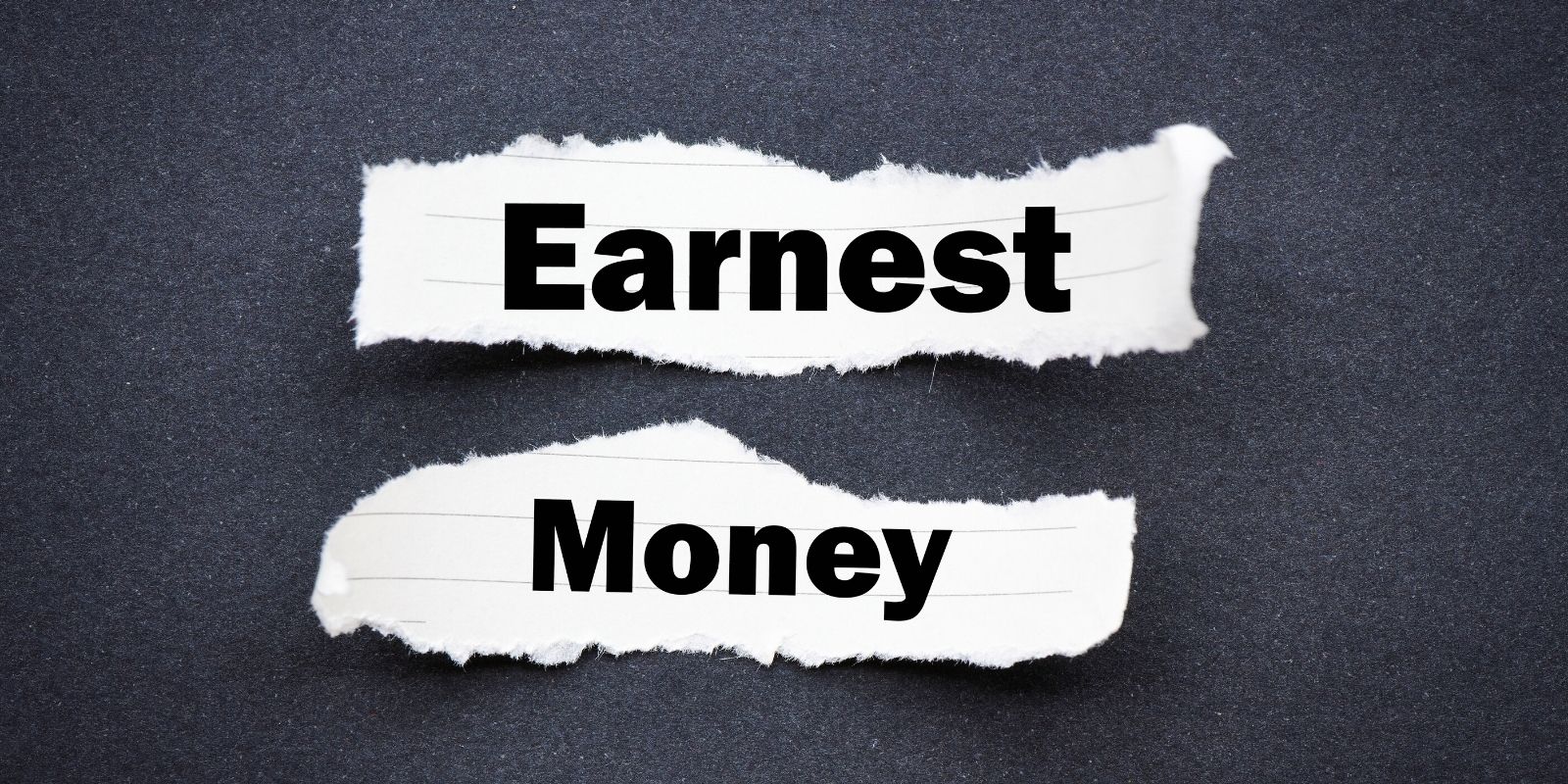
What is Earnest Money?
Purchasing a home is often the biggest financial decision of one’s life.
To demonstrate seriousness and commitment, buyers put down an earnest money deposit – also known as a good faith deposit – to lock in the purchase agreement with the seller and take their house off the market until closing.
It serves as insurance against the risk of wasted time and effort, protecting both parties if the deal should happen to fall through – which could be costly for sellers who must then re-list their home and start from scratch!
With earnest money, buyers and sellers can rest assured that the other party is committed to their real estate transaction.
Buyers typically deposit 1-3% of the sale price in an escrow account until everything goes through – if all is successful, this amount gets applied toward closing costs or a down payment.
However, should things not go as planned (for example – unsatisfactory home inspection results), then they get back what was put forth!
This practice not only protects both parties involved but also helps deter buyers from frivolously placing offers on multiple homes without intending to keep them off the market for good.
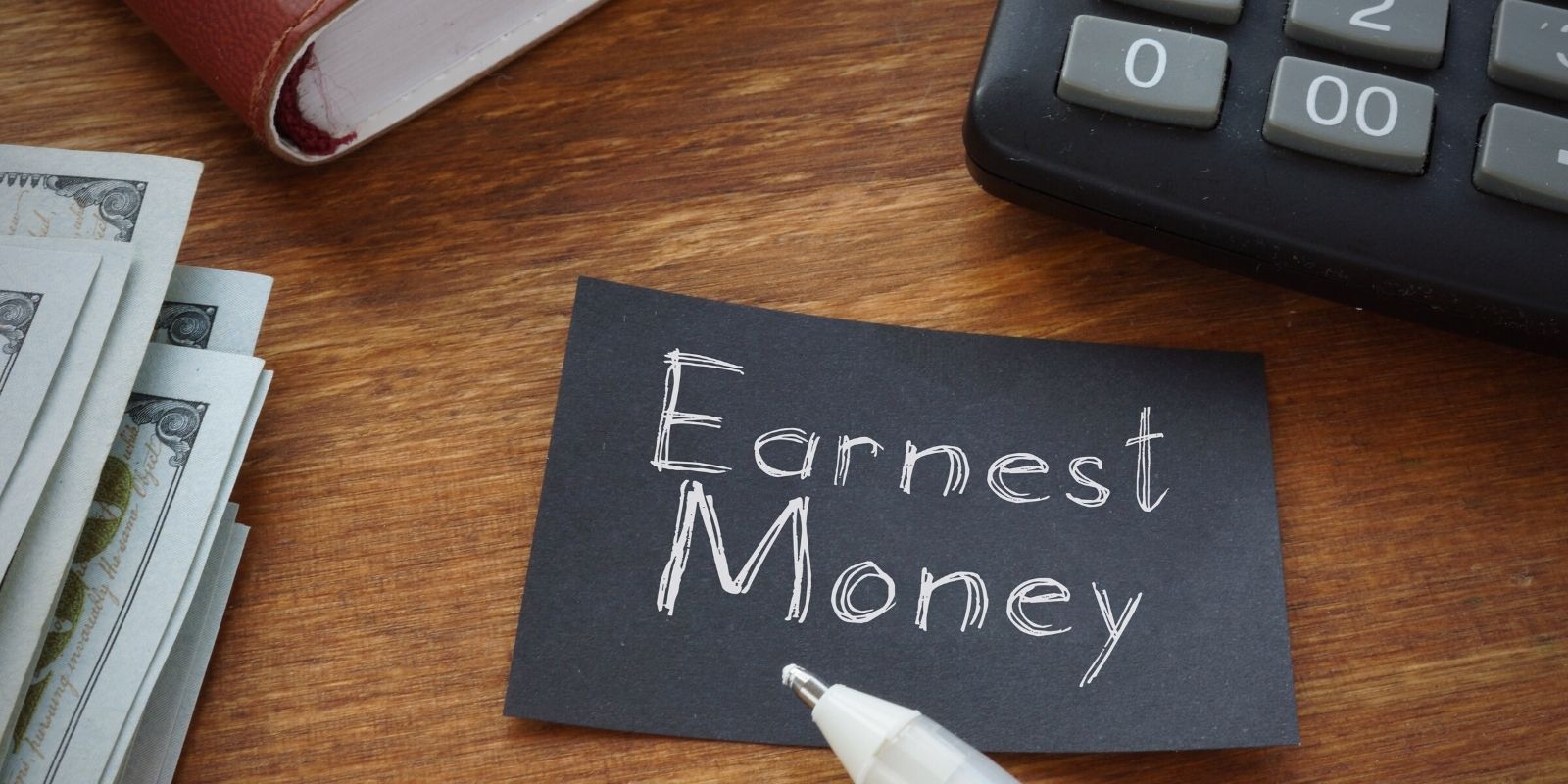
Are Earnest Money Deposits Required?
When shopping in a competitive real estate market, earnest money is often the key to sealing the deal – it shows sellers that you are serious about your offer and lowers the amount needed for closing.
Plus, this good faith deposit acts as additional insurance for both parties involved in order to protect their financial interests throughout the transaction.
Earnest money could also lower the amount you need at closing because it’s applied directly to your down payment or closing costs.
Essentially, you’re just putting up some of the money earlier in the home-buying process.

How Much is an Earnest Money Deposit?
It pays to know the local real estate market when making an offer on a property.
In less desirable areas, buyers may get away with providing minimal earnest money – but in highly sought-after locations where competition can be fierce for that perfect house, it’s wise to put down more cash as a sign of good faith.
A solid understanding of your target neighborhood could tip the scales in favor of getting your bid accepted!
Whether you’re looking for your dream home or making an offer on a hot property, make sure that the earnest money deposit is up to par!
In slower markets, standard amounts are usually sufficient; however in more competitive situations going slightly above average could mean securing the keys sooner than expected.
Your real estate agent can provide advice and direction when it comes time to decide how much good faith should be offered.
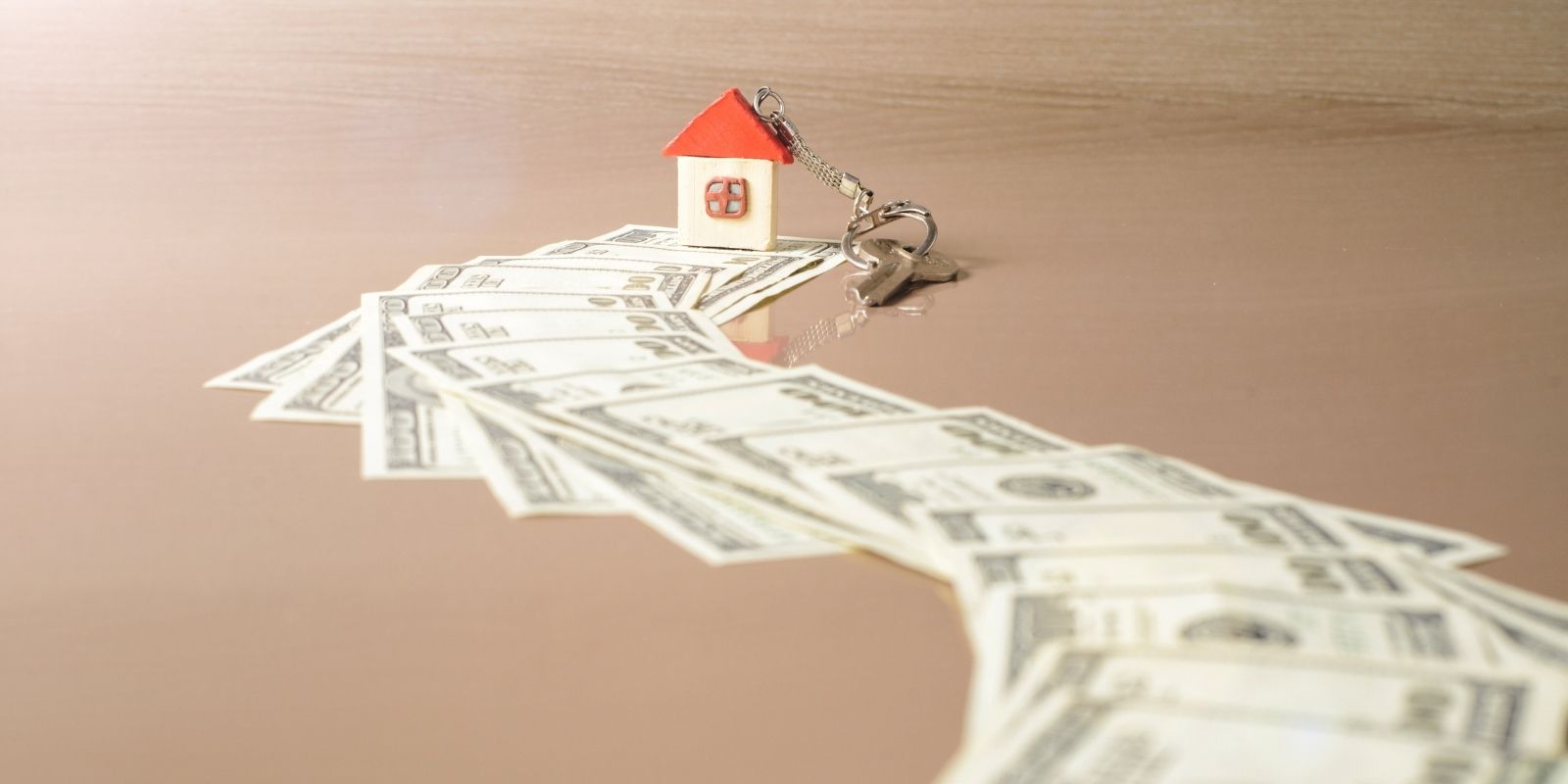
When is Earnest Money Due?
After your offer is accepted, it’s time to act fast!
By wiring or delivering the earnest money check within three days of acceptance you’re one step closer to securing that home.
This important payment helps lock in an agreement and signals a shift on MLS into “under contract” status – so don’t miss out on this chance at homeownership.
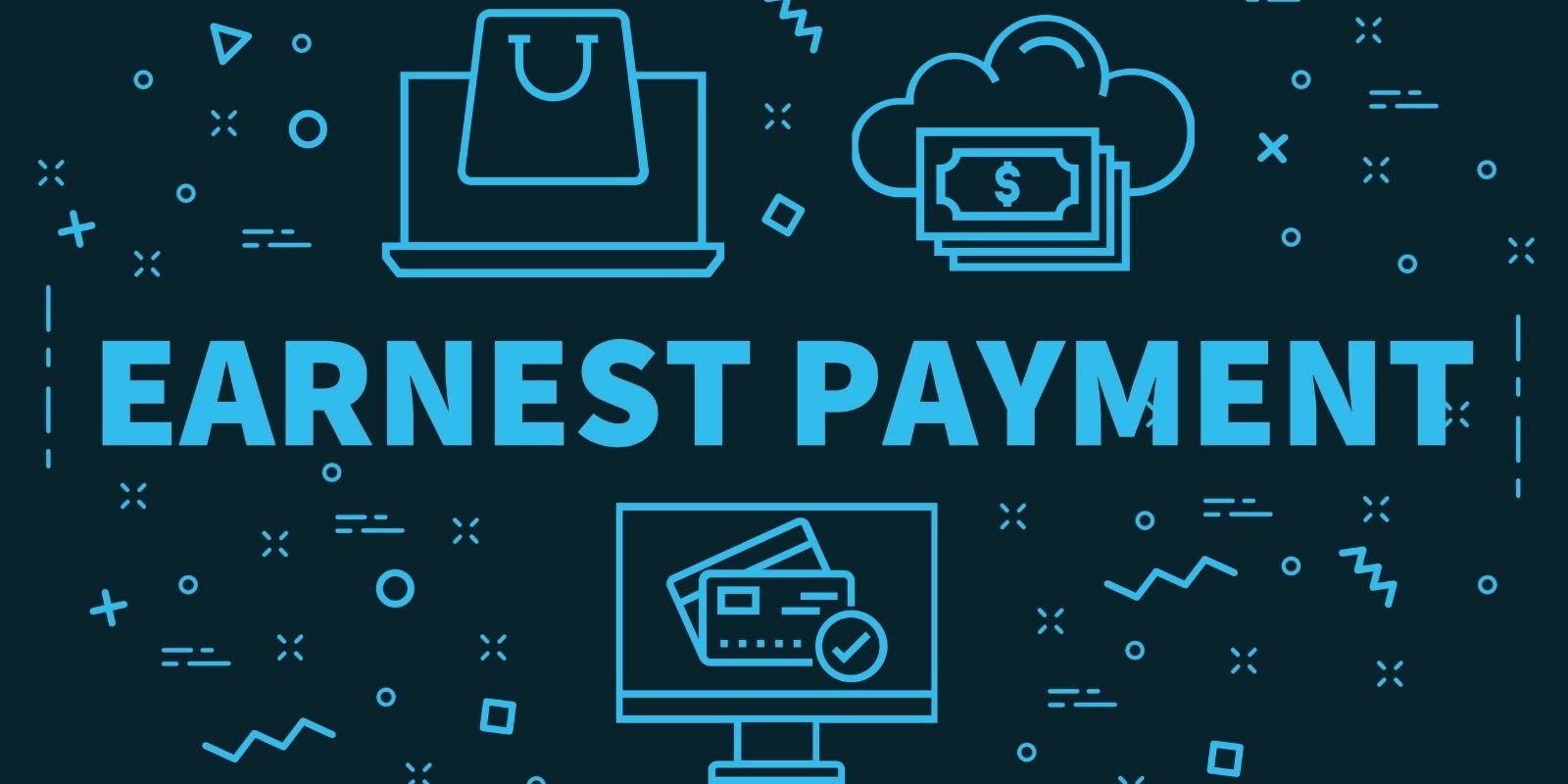
How is Earnest Money Paid?
Earnest money is usually paid by certified check, personal check, or a wire transfer into a trust or escrow account that is held by a real estate brokerage, legal firm, or title company.
The funds are held in the account until closing, when they are applied toward the buyer’s down payment and closing costs.
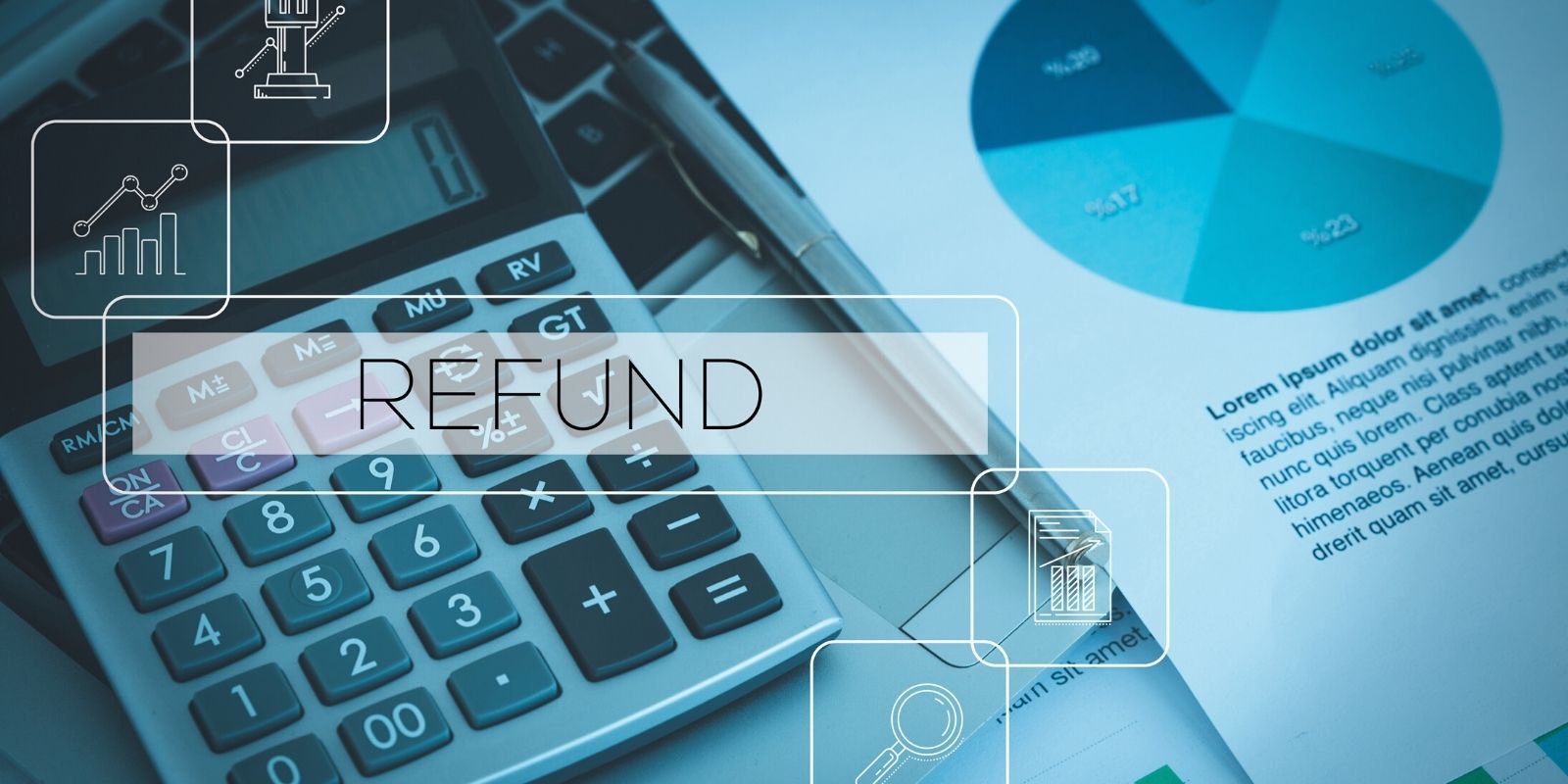
Is Earnest Money Refundable?
Investing in a home is an important decision and one that requires careful negotiation.
Making an offer on your dream property?
Don’t forget to consider contingencies – negotiated criteria outlined in the purchase agreement.
They’ll help protect both you and the seller, ensuring everyone’s satisfied before finalizing what could be the biggest investment of your life!
Home Inspection Contingency
The home inspection is a common reason potential buyers back away from a deal.
If your prospective home is inspected by a professional and some elements of the home come back in need of repair, a home inspection contingency can allow you to back out of the transaction.
Dealing with home inspections can be a nerve-wracking experience for every potential homeowner.
Fortunately, if issues are found during the inspection process an offer of sale isn’t necessarily doomed – there are options available to help salvage the deal and keep it moving forward!
Through negotiations or request for repairs you might even benefit from lowered purchase prices or secured repair costs that allow you to take on any needed fixes yourself.
Appraisal Contingency
As a buyer, it’s important to have the home appraisal contingency in place – just in case.
This safeguard is provided by having an independent third-party assessor determine the fair market value of your potential new home and its comparable properties on sale.
If you find out that it has been overvalued, there are two options available: either walk away with all of your earnest money or use this opportunity to renegotiate for a better price!
Financing Contingency
Protecting your investment throughout the home-buying process is key!
A mortgage contingency is an important element to include when signing a contract that gives you the right to reclaim any earnest money should lending not be approved.
Don’t leave yourself vulnerable – safeguard your purchase and make sure all contingencies are outlined before moving forward.
Contingency for Selling an Existing Home
Getting ready to move into a dream home can be stressful, especially if you’re trying to sell the one you already own.
To help ease your worries, many contracts include an amazing contingency that allows you peace of mind while relocating.
If selling your current house isn’t possible before closing on another property, this clause ensures all earnest money is safely returned!
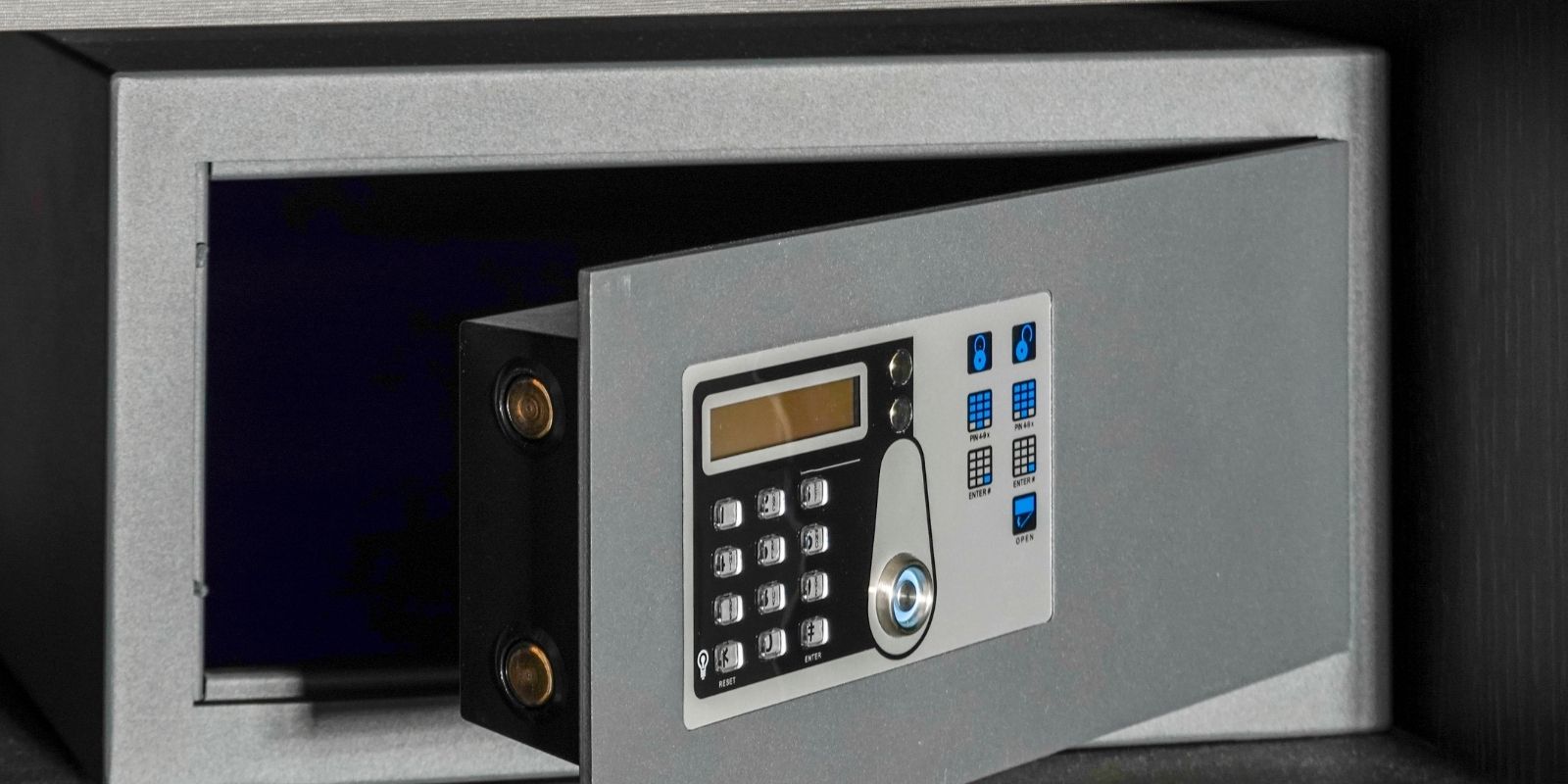
How To Protect Your Earnest Money Deposit
There are a few steps you can take to protect your earnest money:
1. Use an Escrow Account
When it comes to real estate, there’s always the risk of fraud.
To protect yourself and your money from any potential wrongdoing, have a third party such as a title or escrow company handle your earnest deposit funds.
Paying with certified check, wire transfer or personal check ensures that you can securely provide these funds in exchange for something like an agreement when purchasing property – all while having access to records for peace of mind until closing!
2. Know Your Contingencies
When purchasing a home, it is essential to understand the ways in which both parties are protected and what could potentially lead to losses.
Ensuring you know all of the contingencies that may occur during this process will empower you with knowledge so as not to put your earnest money at risk!
3. Stay on Track With Your Responsibilities
It’s a ticking clock when it comes to real estate deals.
Not only do you need to act quickly and decisively, but there are also specific deadlines that must be met along the way in order for everything from inspections to mortgage approvals – or else risk losing both your deal and even your earnest money!
Make sure not to procrastinate if you don’t want the seller to back out of the agreement.
4. Put it all in Writing
Buying a home can be an intimidating and expensive process, but protecting your investment is essential.
Before signing on the dotted line it’s important to ensure that all timelines, buyer responsibilities as well as who gets hold of the earnest money in case of cancellation are clearly outlined in writing.
This precaution will give you peace-of-mind should anything change down the road: whether it’s from an unexpected inspection or simple life changes; everything must always remain concretely established within the agreement – leaving no room for doubt over who retains rights to those funds!
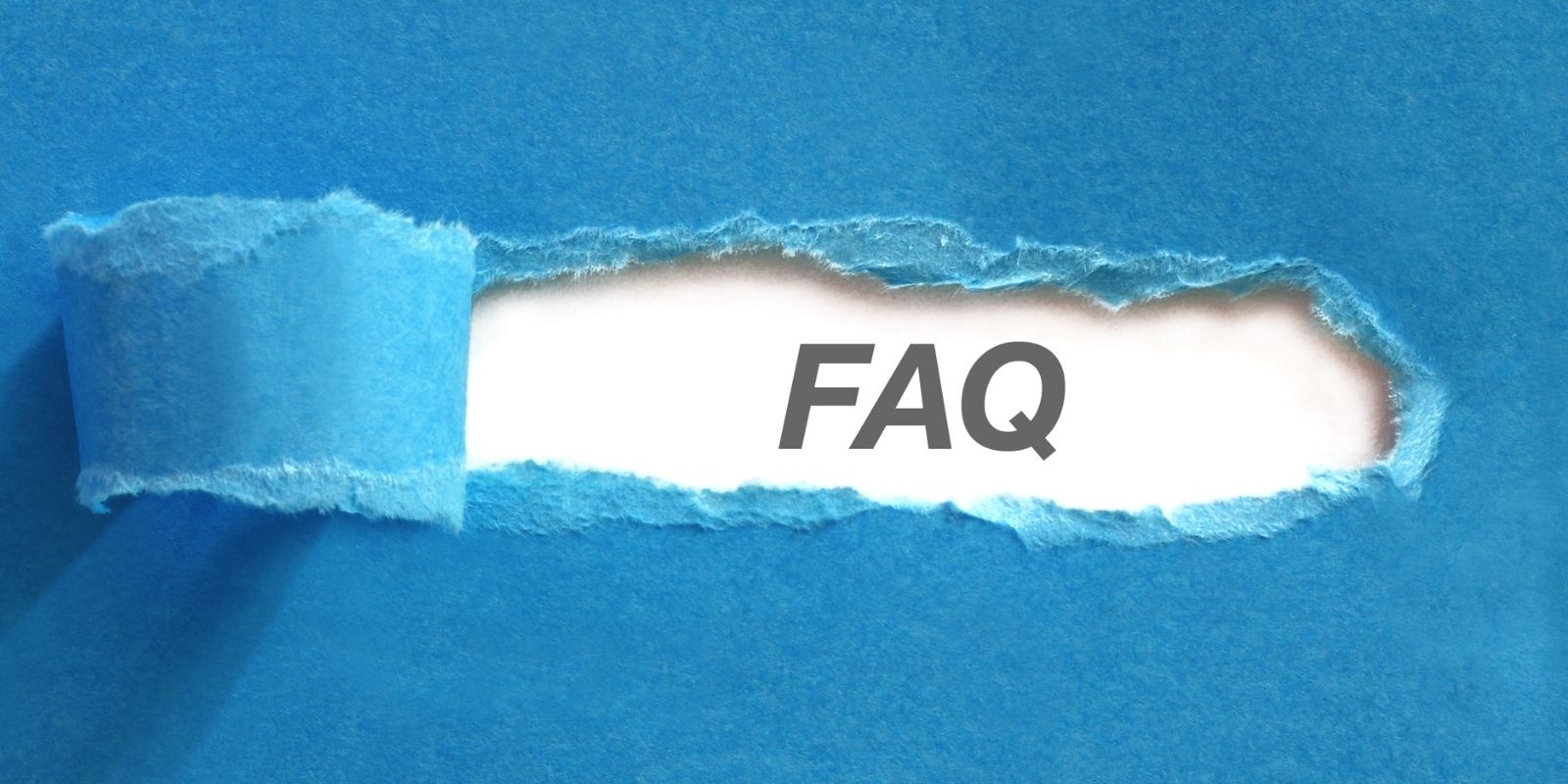
Earnest Money FAQs
Below we’ve outlined some of the most frequently asked questions that we’re asked about earnest money.
Who Keeps Earnest Money If a Deal Falls Through?
Earnest money serves as a safety net for buyers who may find themselves in unexpected situations during the appraisal process.
For example, if an unforeseen flaw with the house is uncovered or if its value comes up short compared to the sale price, then this deposit may be returned.
That being said, failing to meet pre-established criteria outlined by contract and simply deciding against buying are not reasons that would entitle one to receive their earnest money back!
How Can Earnest Money Be Protected?
Prospective buyers can safeguard their earnest money deposit by taking three key precautions.
To begin with, setting contingencies on defects, financing and inspections gives added security against forfeiting the payment in case of major flaws or lack of successful funding.
Secondly, they should pay close attention to contractual obligations – ensuring that all deadlines specified are met so as not to jeopardize any potential claims for reimbursement.
Last but certainly not least is working with a reputable broker, title firm, escrow company, or legal firm that can handle the transaction securely and appropriately.
Do You Get Earnest Money Back?
If buyers honor the terms of their contract and abide by deadlines, they can expect to get back all earnest money deposits.
However, if specified agreements are not kept in mind, sellers may be allowed to claim some or all funds as compensation.
How Do You Lose Earnest Money?
When finalizing a sale agreement, both the buyer and seller often outline contingencies that allow for an exit should certain conditions not be met – such as if repairs are needed following a home inspection, financing is unavailable, or another property hasn’t been sold.
However, should buyers decide to back out of their purchase without meeting these previously agreed-upon terms they risk forfeiting any earnest money provided.

Wrapping Up Our Guide to Earnest Money
In conclusion, earnest money is an important part of the real estate transaction process that acts as an added layer of protection for both the buyer and seller.
It helps buyers demonstrate their sincere interest in a house and ensures the seller that if the sales contract is broken, the buyer’s deposits are forfeited.
Furthermore, earnest money can be beneficial to the buyer since it can often be applied towards closing costs or other costs on a mortgage loan.
The amount of earnest money a buyer puts down can vary depending on the market and various factors associated with the deal, but it’s typically between 1-3% of the purchase price.
Mechanisms such as escrow accounts help to ensure that this money will be safely exchanged either back to the seller or held as credits towards the final purchase price at closing.
To speak with an agent give us a call or feel free to contact us if you have any questions or concerns about earnest money and how it relates to purchasing a home.

